Welcome to the storage revolution
SMART LESSONS
ONLINE
OCTOBER 2024
JULY 2025
INTERnSHIP
OPPORTUNITIES
INSCRIPTION
SEPTEMBER 2024
Program
Methodology
The Master has an international teaching staff, with the best representative for each subject. The support teachers will guide and clarify the doubts of the students, giving a plus of knowledge and closeness to the students.
Learn about all the relevant aspects in the battery industry at your own pace and from anywhere in the world.
Become an specialist in one of the most growing industry sectors. Be part of the future from now on and help to encourage the energy transition to a more sustainable world.
Coaches
Experts and professionals of Power Electronics and ITE (Instituto Tecnológico de la Energía) as well as internationally recognized professors from Universidad de Valencia will guide you through the different modules.
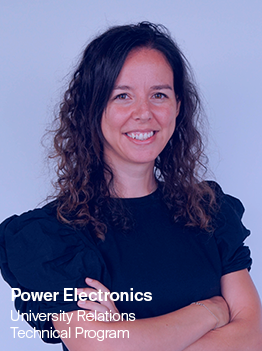
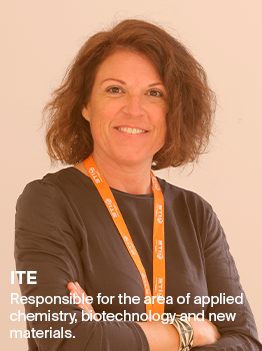
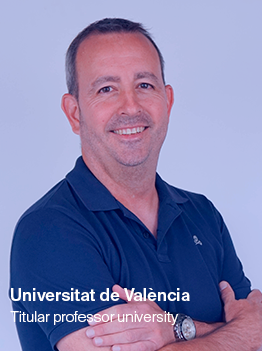
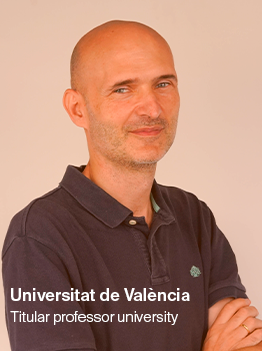
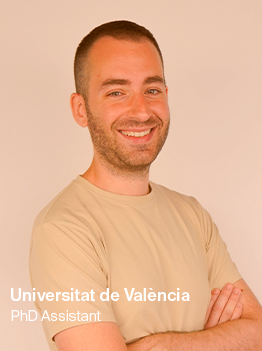
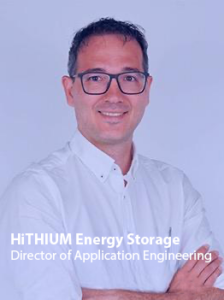
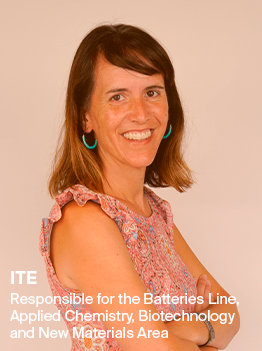
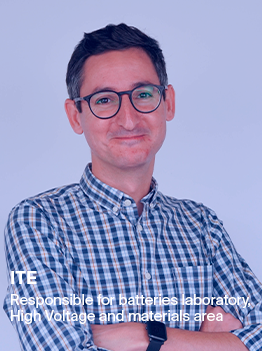
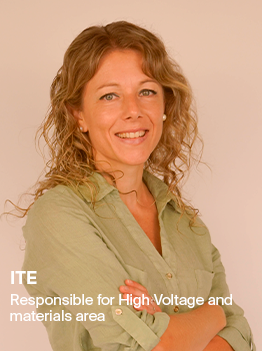
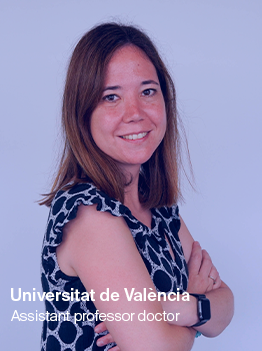
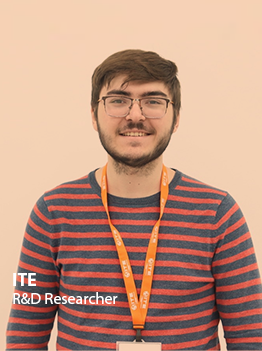
GOALS

You will become a professional with a high qualified knowledge in any aspect of the battery value chain:
· From battery production to integration into the grid or electric vehicle, through the study of raw materials.
· Electrochemical concepts, battery production, management.
· Connection and control of the battery itself.
· Testing and modeling and recycling of batteries.
Valencia Battery Alliance
This program is supported by companies belonging to the Valencia Battery Alliance.
The students will have the opportunity of doing extracurricular internships, fulfilling the master’s knowledge with hands-on training.
Admissions
This Master is addressed to recent graduates and professionals of different technical sectors
who are interested in this emerging market and wish to complete their training in aspects related to the battery value chain.
Graduates in the following areas:
·Chemical
·Energy
·Industrial
Alternative technical university degrees are also accepted, as long as the student proves a minimum level of industry knowledge.
Places are limited, so we encourage aspiring
participants to enroll early.
Admission is based on:
– CV (degree and grade).
– Application form.
– English medium level
Power Electronics
Power Electronics is the world energy storage leader and the first manufacturer of solar inverters for photovoltaic plants in America, Oceania and Europe. Its products are present in about 1600 plants distributed in 35 countries around the world, with a figure of 50GW of installed AC power, which has prevented the discharge of more than 60 million tons of CO2 to the environment.
#Unlimited is our motivation for leading the renewable energy generation. It is the search for product and service perfection. It is our vision of a clean and sustainable world for the future generations.

Universitat de València
The Universitat de València, founded in 1499, is one of the oldest universities in Spain. It is a public university, oriented to teaching and research in almost all fields of knowledge. The University stands out in Spain in the field of R&D&i with 18 University Research Institutes.
It owns 18 faculties and schools located on its 4 campuses. It offers a wide range of degrees, official master’s degrees and doctoral programs.
The Escuela Técnica Superior de Ingeniería de la Universitat de València (ETSE – UV) provides the necessary resources for the MBATT to have a flexible virtual environment and an accessible model that brings coaches and students together.
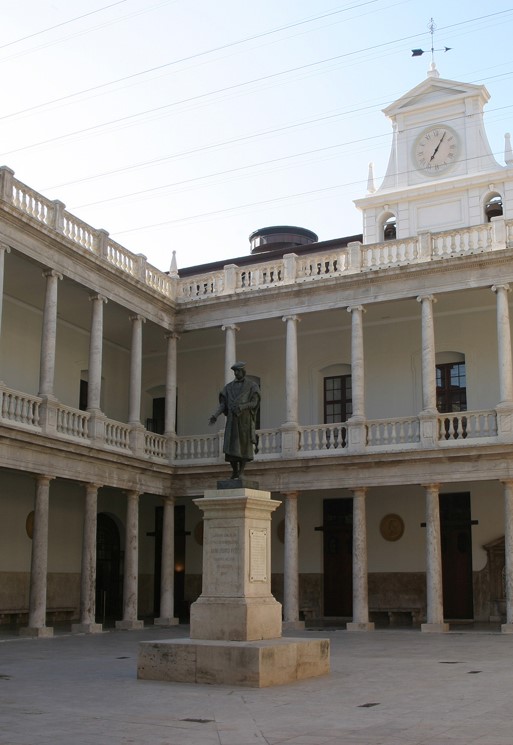
Instituto Tecnológico de la Energía
Instituto Tecnológico de la Energía, ITE, is a private non-profit association of international scope.
ITE’s strategic lines:
- Energy Storage
- Sustainable Mobility
- Circular Economy and Sustainability
- Smart Grids
Its main strategic lines are Energy Storage, Circular Economy and Sustainability, Sustainable Mobility, Smart Grids. It is a reference center at national and international level in the field of Renewable Energies and was created by business initiative and promoted by the Generalitat Valenciana through the Instituto Valenciano de Competitividad Empresarial (IVACE) and the Universidad Politécnica de Valencia (UPV).
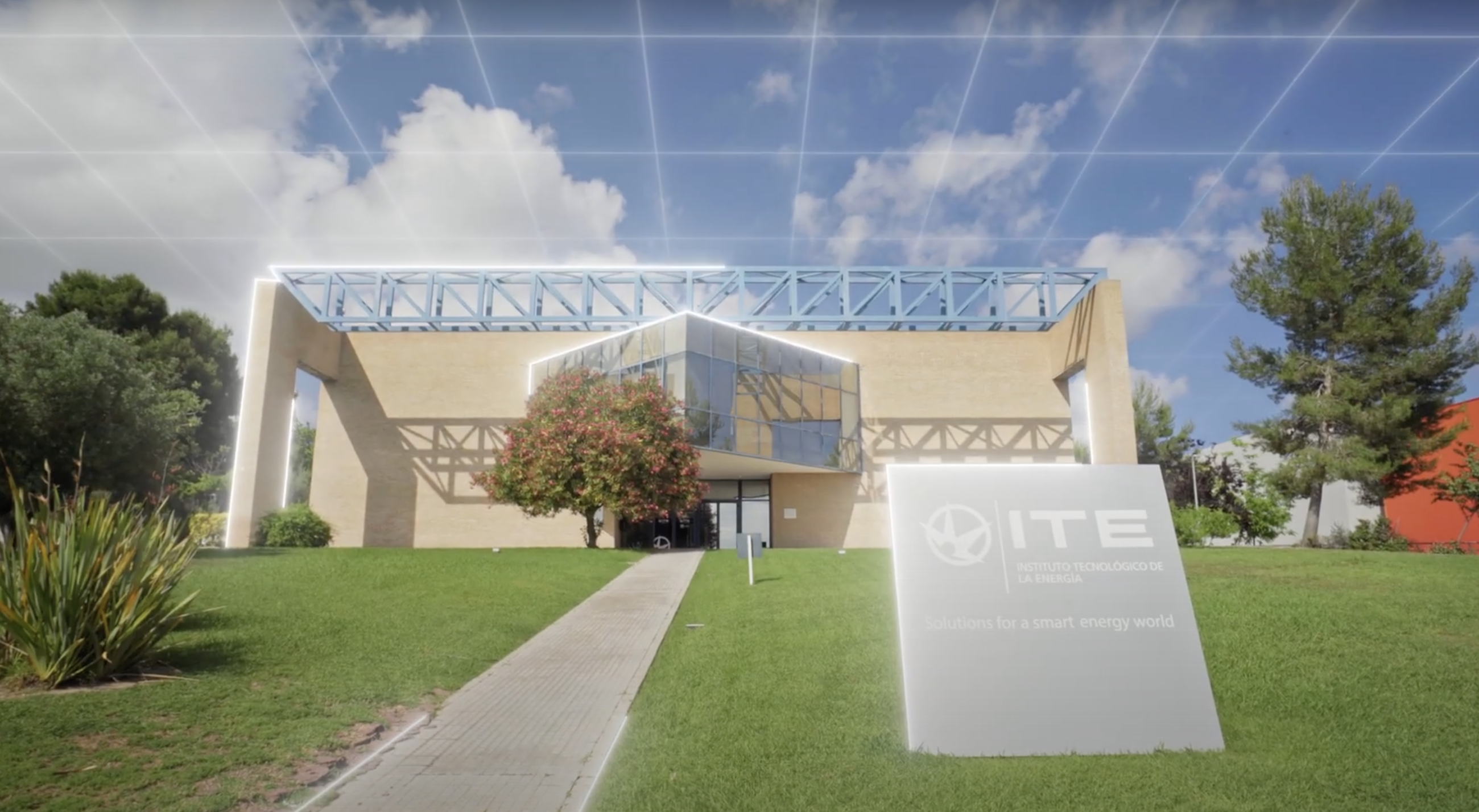
More than 25 years of experience in the Energy sector support us, collaborating with companies as technological partner to make them more competitive, supporting them in the innovation of processes and products, promoting their modernization and diversification, seeking the best ways to position themselves internationally. Since its birth, ITE has been a national and international
reference center in the field of Energy Storage and Renewable Energies.
Lecturers
















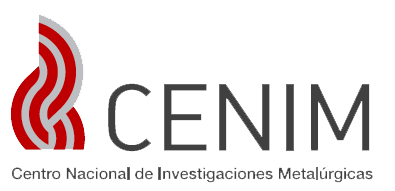
Q&A
The master’s degree is 100% online, with all the training recorded online and available on demand. This means that each student can organize the study and follow-up of the training in the schedule he/she wants within the duration of the course.
This master’s degree is designed for people with a technical background, mainly any type of engineering, although if they have experience in batteries or similar fields, they will also be able to follow the training without excessive difficulties.
The cost of the master’s degree is €3,000 as you can see at https://postgrado.adeituv.es/es/cursos/area_de_ciencias_y_tecnologia-8/education-battery-technologies/home.htm.
The master’s degree consists of 9 modules, each module will be taught for 3 weeks.
It is important to remember that the content of the master’s degree is in English, so a level of English is expected that allows the correct follow up of the courses. It is difficult to define the necessary level, but the minimum would be B1.
The TFM will take approximately 2 months to complete, the topic can be proposed by the student according to his/her interests or chosen by the student among proposals from professors. It can also be done in the optional extracurricular internship and is equivalent to 6 credits of teaching load. The TFM will be delivered online and will be defended by videoconference for all students.
It is necessary to pay for and complete all the modules of the course. It is not allowed to register for individual modules.
The title of this master’s degree is fully official and is granted by the Universitat de València and ADEIT. Since last year, there is a new nomenclature established by law for the master’s degrees: they are now divided into university master’s degrees and lifelong learning master’s degrees. The difference lies in the public verification processes that the curricula undergo. University master’s degrees are subject to approval by the state agency ANECA. The main advantage is that they allow access to doctoral studies. The masters that do not go through ANECA, and whose curriculum is left to the decision of directors and professors, are called lifelong learning masters. But all universities have masters of both types.
Within each subject, the rhythm is a bit hybrid: you study the released syllabus on your own, at the time that suits you best. But then, in the middle of the week (every week) there will be a live session where the teacher will solve any doubts that may arise and explain in more detail some concepts. The work to be done or exams will be set by each teacher in his or her subject.
Discounts for Power Electronics employees are not contemplated.
In the event that a company wants to finance the MBATT for an employee, this process is managed by ADEIT.
In the first edition, access was based on academic, technical and professional merits. There was no need for a round of interviews.
Only certain contents of the virtual classroom, such as PDFs, can be downloaded. Content created by EIT Innoenergy and recordings of lectures cannot be downloaded.
There will be one edition per academic year.
- Full payment.
- Fractional payment: according to the University’s website, amounts over 1000€, payment is made in three installments. 1/3 at the time of admission; 1/3 two months after the course start date; 1/3 after four months.


